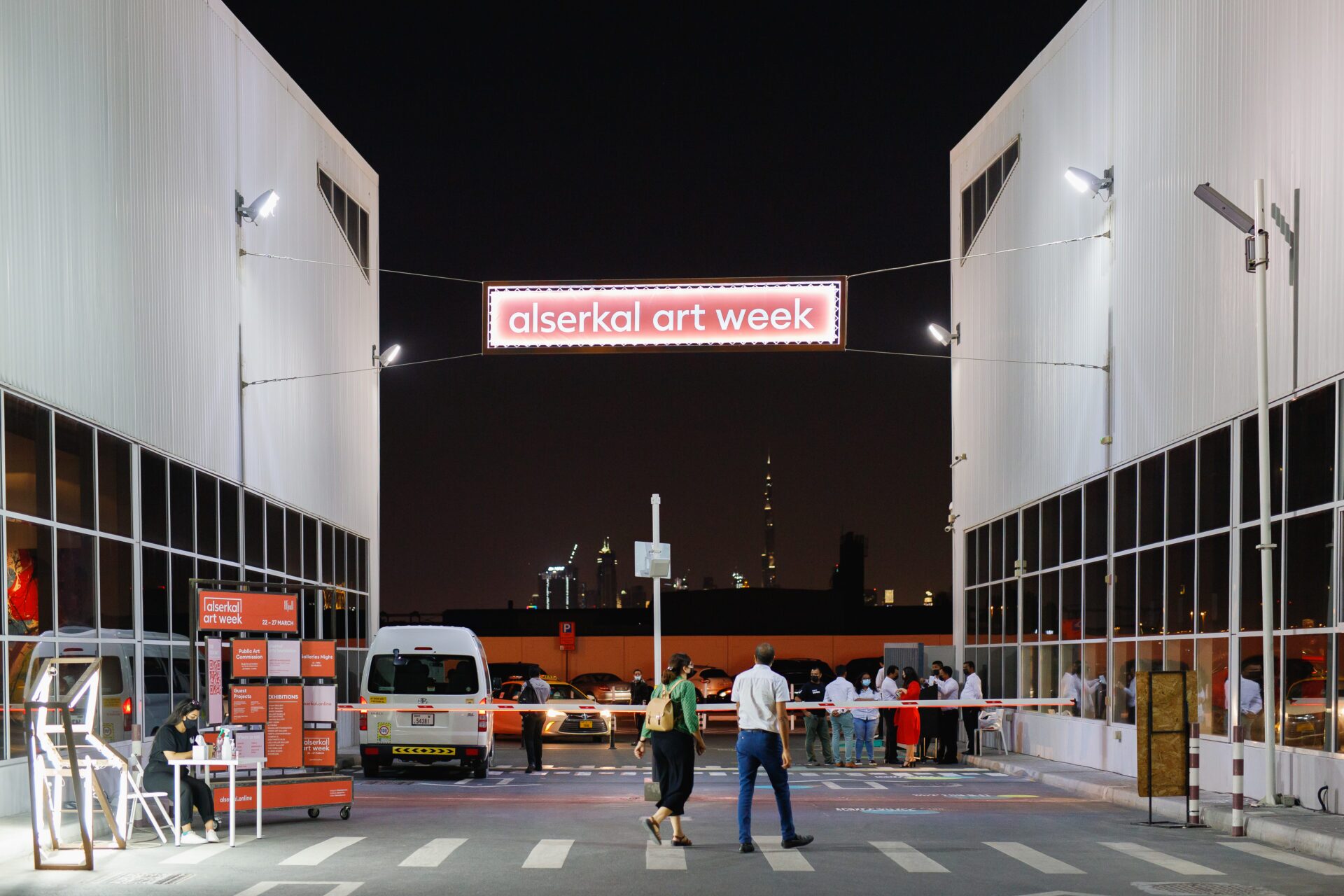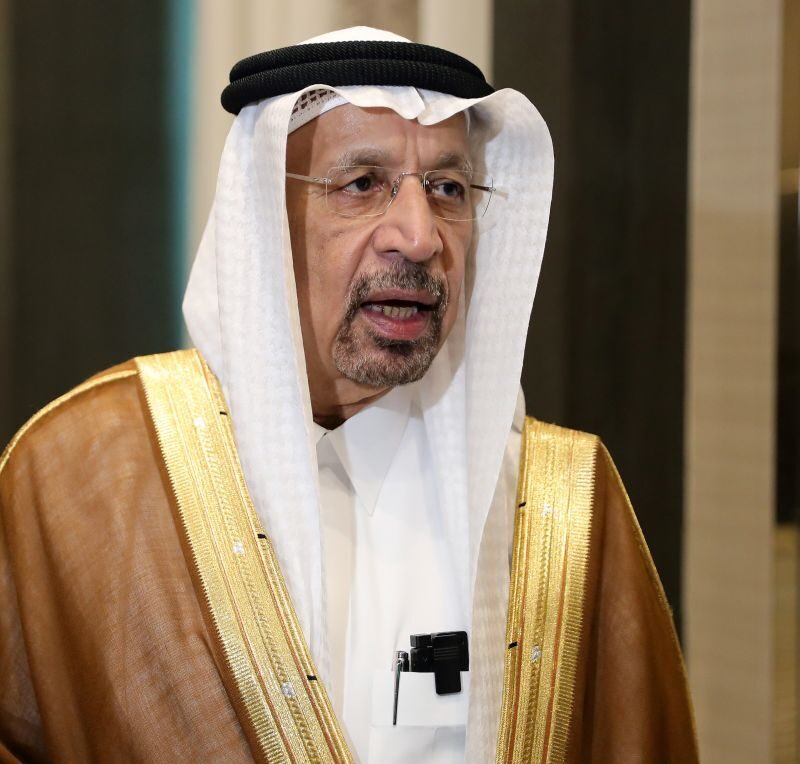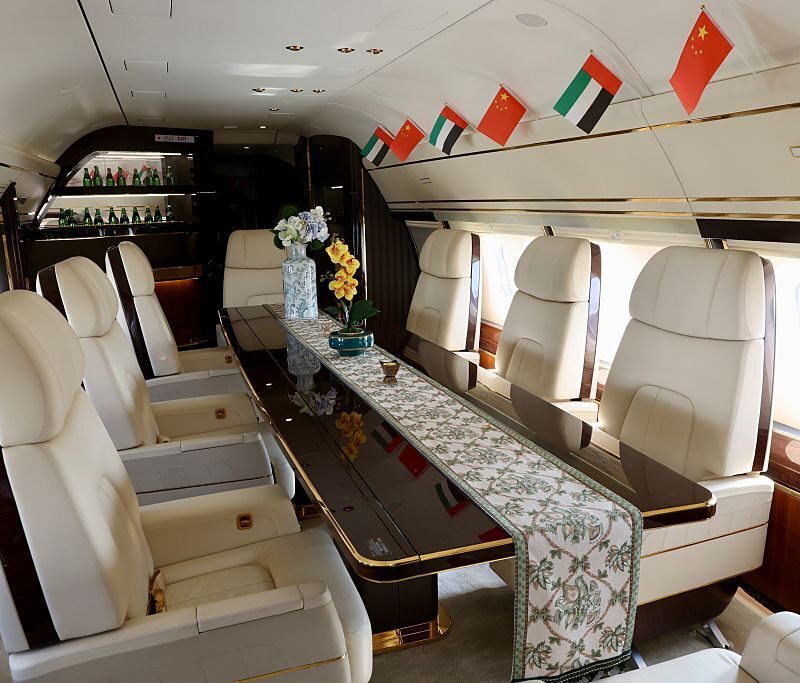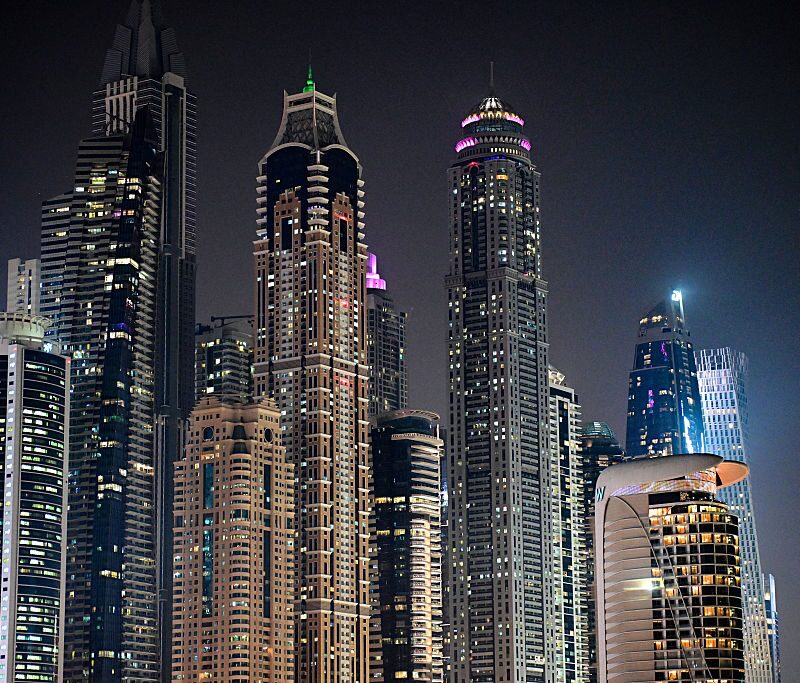
Alserkal Avenue, the Dubai arts district with a multicultural vision
The Arab world’s leading arts hub kicks off its 2022 Art Week with a diverse, cutting-edge lineup of events
Imagine New York’s City’s Soho or Miami’s Wynwood, once-neglected manufacturing districts dotted with warehouses repurposed as artists’ lofts and sleek art galleries offering cutting-edge work. Now imagine these two arts districts on overdrive — art galleries, restaurants, performance spaces,...


 Add The Circuit on Google
Add The Circuit on Google

